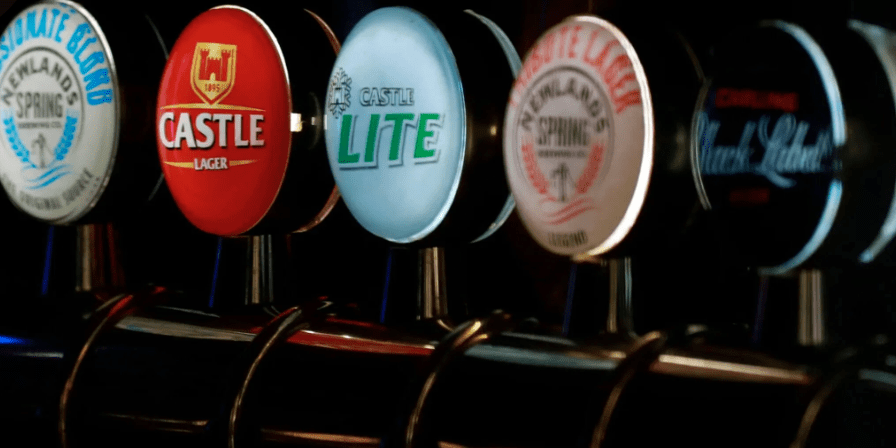Business
Unpredictable Beer Taxes in South Africa Strain Industry and Consumers

Unpredictable Beer Taxes in South Africa Strain Industry and Consumers
South Africa’s beer industry is grappling with the dual challenges of unpredictable excise tax increases and a high-inflation environment, according to a new report by Oxford Economics Africa titled Double the Pain: The Burden of Unpredictable Excise Taxes and High Inflation on Beer in South Africa.
The report, presented during the recent Beer Tax Indaba, highlights how government excise taxes on beer have consistently exceeded inflation, placing a significant burden on both consumers and producers.
Excise Taxes Exceed Policy Targets
The current government excise tax target is 23%. However, the report reveals that the actual excise tax burden has climbed to 25%, meaning a quarter of the price of every beer goes toward taxes.
This deviation from the target undermines policy certainty and negatively affects an industry that supports nearly 250,000 livelihoods in South Africa.
Beer Industry Under Pressure
Richard Rivett-Carnac, CEO of South African Breweries (SAB), expressed concerns about the impact of these unpredictable tax increases:
“For 10 years, we have seen excise tax increases above inflation. This is contrary to policy and affects job creation, economic growth, and an industry that is inherently local and inclusive.”
Comparison with Global Practices
The report compared South Africa’s excise tax regime to those of countries like Australia, Canada, and Mauritius, finding that:
- Benchmark nations align excise duties on beer with inflation or keep them below inflation.
- South Africa’s approach has been unpredictable, creating market disruptions.
Call for Policy Certainty
Deon Fourie, lead economist at Oxford Economics Africa, emphasized the importance of predictable tax policies:
“Reliable and predictable changes in duties avert market disruptions, create trust, and allow for better planning by both firms and consumers.”
To achieve this, the report recommends automating excise duty adjustments based on actual CPI outcomes, rather than projected inflation or anticipated retail prices.
Balancing Tax Revenue and Economic Impact
Keith Engel, CEO of the SA Institute of Taxation (Sait), argued for a more balanced approach:
“Tax authorities need to find a delicate balance between generating revenue through beer excise taxes and mitigating economic impacts on the brewing industry.”
A multi-year excise tax plan, he suggests, could foster greater tax certainty, enabling businesses to plan more effectively.
Impact on South Africa’s Economy
The beer industry contributes significantly to South Africa’s economy, representing 34.7% of total excise revenues in 2023/24. Ensuring policy stability in this sector is critical to sustaining jobs, investment, and economic growth.
Unpredictable beer excise taxes in South Africa highlight the need for greater policy certainty and alignment with inflation targets. By stabilizing tax policies, the government can support an industry that is vital for job creation and economic growth.















